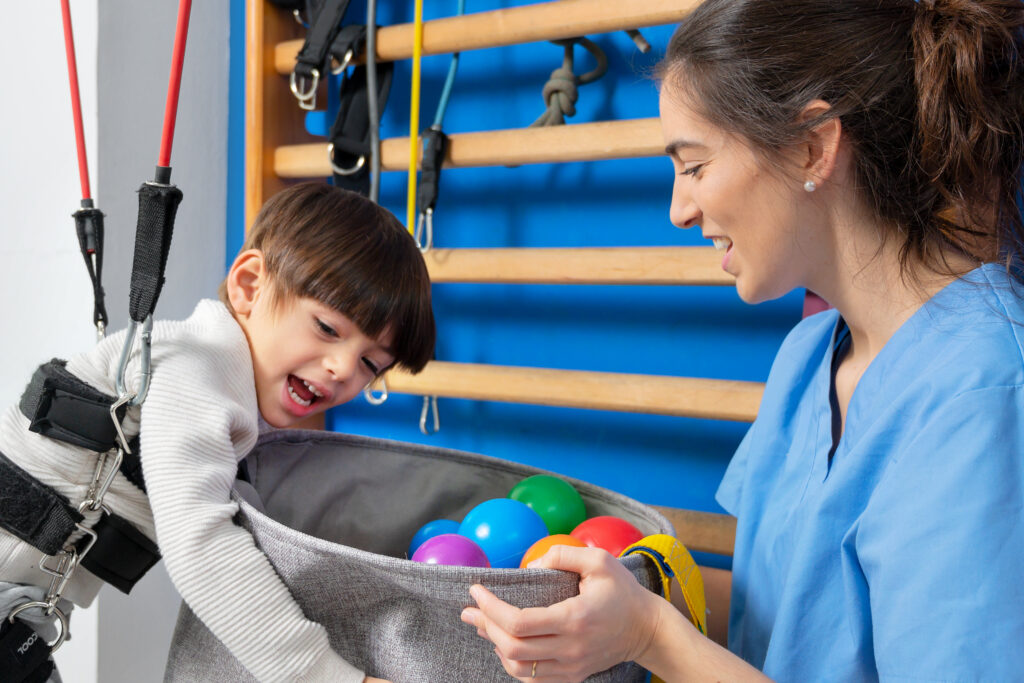A Comprehensive Homecare Guide for Children with Disabilities

Caring for a child with disabilities at home requires a specialized and compassionate approach. As a parent or caregiver, you play a critical role in ensuring their well-being, comfort, and development. In this blog post, we will provide a comprehensive homecare guide for children with disabilities, offering valuable insights, practical tips, and resources to support you in providing the best possible care for your child.
- Create a Safe and Accessible Environment: Start by creating a safe and accessible environment for your child. Adapt the home to meet their unique needs, ensuring that it is free from potential hazards and barriers. Consider modifications such as installing grab bars, ramps, or handrails, removing tripping hazards, and securing furniture or equipment to prevent accidents.
- Develop a Structured Daily Routine: Establishing a structured daily routine can provide a sense of stability and predictability for your child. Consistency and routine can help them feel secure and comfortable. Create a schedule that includes regular mealtimes, sleep routines, therapy sessions, educational activities, and leisure time, tailored to their individual needs.
- Prioritize Communication and Understanding: Effective communication is essential for meeting your child’s needs. Depending on their abilities, utilize appropriate communication methods such as verbal cues, sign language, visual aids, or augmentative and alternative communication (AAC) devices. Foster open and supportive communication with your child, ensuring they feel heard and understood.
- Coordinate Medical Care and Therapy: Children with disabilities often require ongoing medical care and therapy. Establish open lines of communication with healthcare providers, therapists, and specialists involved in your child’s care. Maintain a record of appointments, medications, therapies, and progress reports. Advocate for your child’s needs and actively participate in their care plans.
- Support Activities of Daily Living: Assist your child in developing independence with activities of daily living (ADLs) to the best of their abilities. Encourage and support tasks such as personal hygiene, dressing, feeding, and grooming, while adapting techniques or using assistive devices as necessary. Offer guidance and patience, allowing them to develop skills at their own pace.
- Promote Emotional Well-being: Pay close attention to your child’s emotional well-being. Foster a nurturing and supportive environment that encourages self-expression, builds self-esteem, and fosters positive relationships. Encourage activities that promote social interaction, hobbies, and interests that bring joy and fulfillment to their lives.
- Seek Support and Connect with Communities: Reach out to support networks and communities for parents of children with disabilities. These networks provide valuable emotional support, information sharing, and resources. Participate in support groups, online forums, or local organizations that specialize in supporting families of children with disabilities.
- Take Care of Yourself: Caring for a child with disabilities can be demanding, both physically and emotionally. Remember to prioritize self-care. Take breaks, engage in activities that recharge and rejuvenate you, and seek support from family and friends. By taking care of yourself, you will be better equipped to provide the care your child needs.
Conclusion: Caring for a child with disabilities at home requires dedication, patience, and a comprehensive approach. By creating a safe environment, establishing a structured routine, prioritizing communication, coordinating medical care, supporting activities of daily living, promoting emotional well-being, seeking support, and practicing self-care, you can provide the best possible homecare for your child. Remember, you are not alone in this journey, and numerous resources and support systems are available to help you navigate the challenges and celebrate the unique joys of caring for a child with disabilities.
